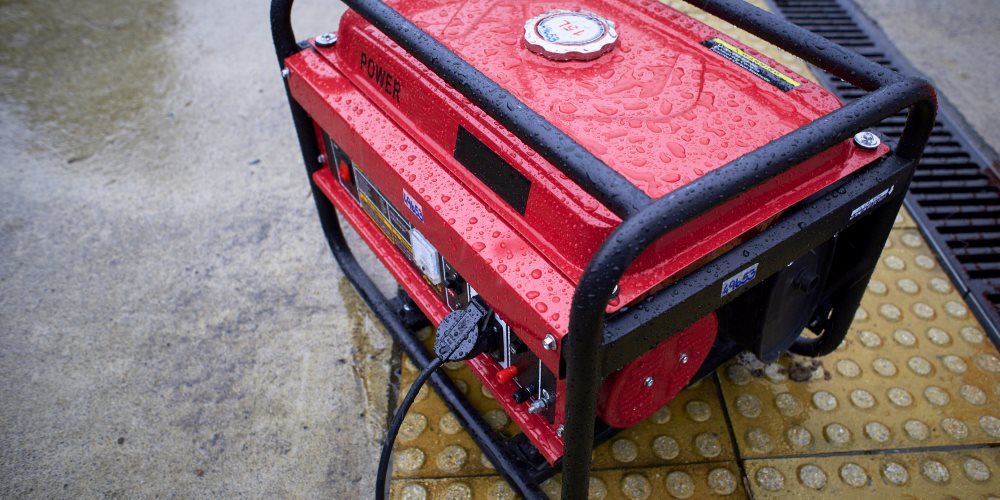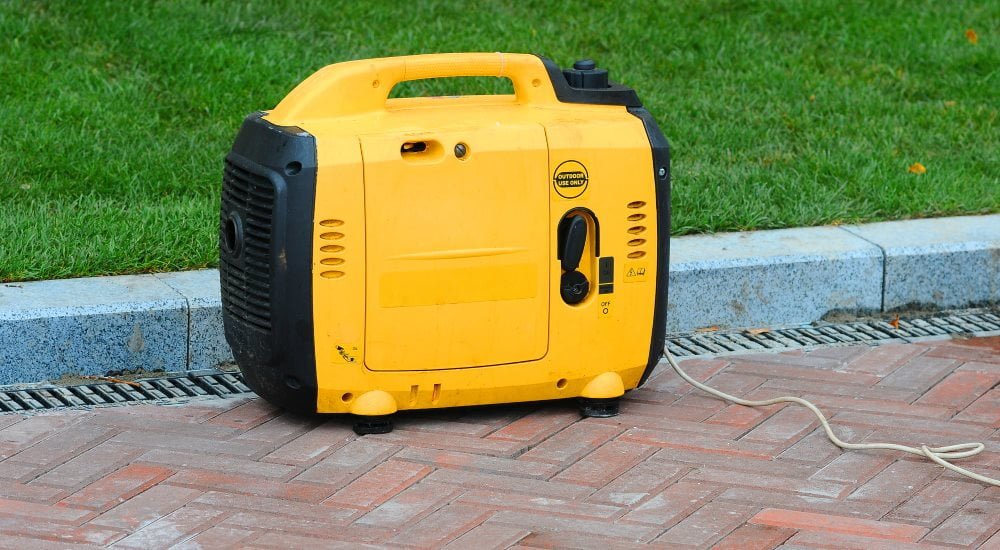When the power goes out, a generator can be a lifesaver, keeping your lights on and your perishable food safe. However, many homeowners worry about the potential risks of using a generator, particularly when it comes to powering sensitive appliances like refrigerators. At TheKitchenApplianceDad.com, we understand these concerns and are here to provide you with comprehensive insights into whether a generator can damage your refrigerator, and how to safely use a generator in a power outage.
Before diving into the specifics, it’s important to understand how generators work. Generators convert mechanical energy into electrical energy, typically using gasoline, diesel, or propane as a fuel source. This energy is then used to power electrical devices and appliances when the main power supply is unavailable.

Refrigerators are particularly sensitive to fluctuations in voltage and frequency, which are common with generator power. Here are the primary risks involved:
Generators, especially portable ones, can produce power that is not as stable as the electricity from your utility company. This means the voltage can fluctuate significantly, which can be harmful to the electronic components and compressors within refrigerators.
Electricity from generators can also experience frequency fluctuations. Most household appliances in the United States are designed to operate at 60 Hz. If the generator does not consistently provide this frequency, it can cause the motor in your refrigerator to operate incorrectly, potentially leading to overheating and damage.
When a generator first turns on, or when large appliances start up, voltage surges and spikes can occur. These sudden increases in voltage can be very damaging to any appliance, including refrigerators.
To safely use a generator to power your refrigerator during a power outage, consider the following tips:
To minimize the risks, use a generator that is designed to handle sensitive electronics. Inverter generators, for example, are known for providing cleaner power that mimics the electricity from your power outlet. They regulate the voltage and frequency more effectively than standard generators, making them a safer choice for refrigerators. Here’s a good resource from Consumer Reports on choosing the right generator: Consumer Reports – Generators.
For those using standby generators, installing a transfer switch is a wise decision. This device connects the generator to your home’s electrical panel and helps manage the power distribution more smoothly and safely. It also protects your appliances by ensuring that generator power does not directly connect to utility lines, which can cause back-feed risks.
A surge protector can help shield your refrigerator from voltage spikes. These devices are designed to detect excessive voltage and divert it away from your appliances, thus preventing damage.
Ensure that your generator is regularly maintained according to the manufacturer’s instructions. A well-maintained generator is less likely to produce unstable power outputs that could harm your refrigerator.
Make sure that the generator has enough capacity to handle the load of your refrigerator along with any other appliances you might need to power simultaneously. Overloading a generator can lead to significant voltage fluctuations.
Consider the real-life story of John from Colorado, who during a power outage, used a portable generator to power his home. Without proper understanding and precautions, the unstable power from the generator damaged his high-end refrigerator. The repair costs were substantial, and the refrigerator’s lifespan was significantly shortened. This incident highlights the importance of using the right type of generator and taking necessary precautions to protect sensitive appliances like refrigerators.
By following these guidelines, you can minimize the risk of damaging your refrigerator when using a generator during a power outage. Remember, it’s always better to be prepared and informed, especially when it comes to protecting your valuable appliances and ensuring your family’s comfort and safety. For more tips and advice on handling kitchen appliances safely, keep following TheKitchenApplianceDad.com.

